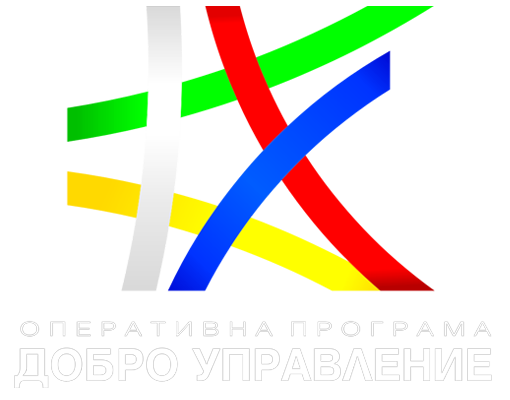The Bulgarian Institute of Public Administration (IPA) was established in 2000 as part of administrative reform in the context of forthcoming EU accession. Hence, the institution’s ’original title was Institute of Public Administration and European Integration (IPAEI). Throughout the negotiation process and following Bulgaria’s successful accession, IPA has been instrumental in facilitating the development of public administration in Bulgaria. Through three key streams; training, research and consultancy, the institution has successfully modernized public administration, bringing it up to date and capable of working in the conditions of real EU membership. In 2007, it was renamed the Institute of Public Administration (IPA).
The Institute was established and functions under the Civil Servants Act and serves as an institution of the Council of Ministers of the Republic of Bulgaria.
The Institute has a successful 25-year history of developing its capacity and increased role in public administration development. The Institute’s foundation and capacity building is supported by the Bulgarian government, state budget and various international projects.
MISSION
Conducting training and research for the development of a professional civil service, as well as strengthening the capacity of institutions to meet the challenges of modern public policies.
The IPA is a national state institution providing centralized trainings for civil servants from all levels (central, regional and local) of public administration in Bulgaria. IPA’s staff covers 28 employees, the majority of whom are training managers, responsible for designing, planning, organizing, implementing and evaluating training programmes for civil servants across all different fields. The Institute has agreements with over 100 training providers from public and private sectors, including experts and specialists on a plethora of topics relevant to administration and management.
VISION
The IPA is a leader in the training of public administration using modern technologies, methods and training programs, and customers of the Institute appreciate the quality of conducted services.
STRATEGIC AIMS
- To modernize the introductory training for new civil servants by implementing flexible and effective forms of learning.
- To increase customer satisfaction with the quality of training.
- To strengthen research and analysis as an integral part of the Institute's work in support of good governance and modernization of the administration.
- To expand the dissemination of good practices and consultancy to improve the management.
- To participate in the implementation of regional initiatives for the modernization of public administration.
- To establish itself as a leading center in terms of standards of training services for employees in state administration provided by other state institutions.
REGULATORY DOCUMENTS


 чИПА
чИПА
